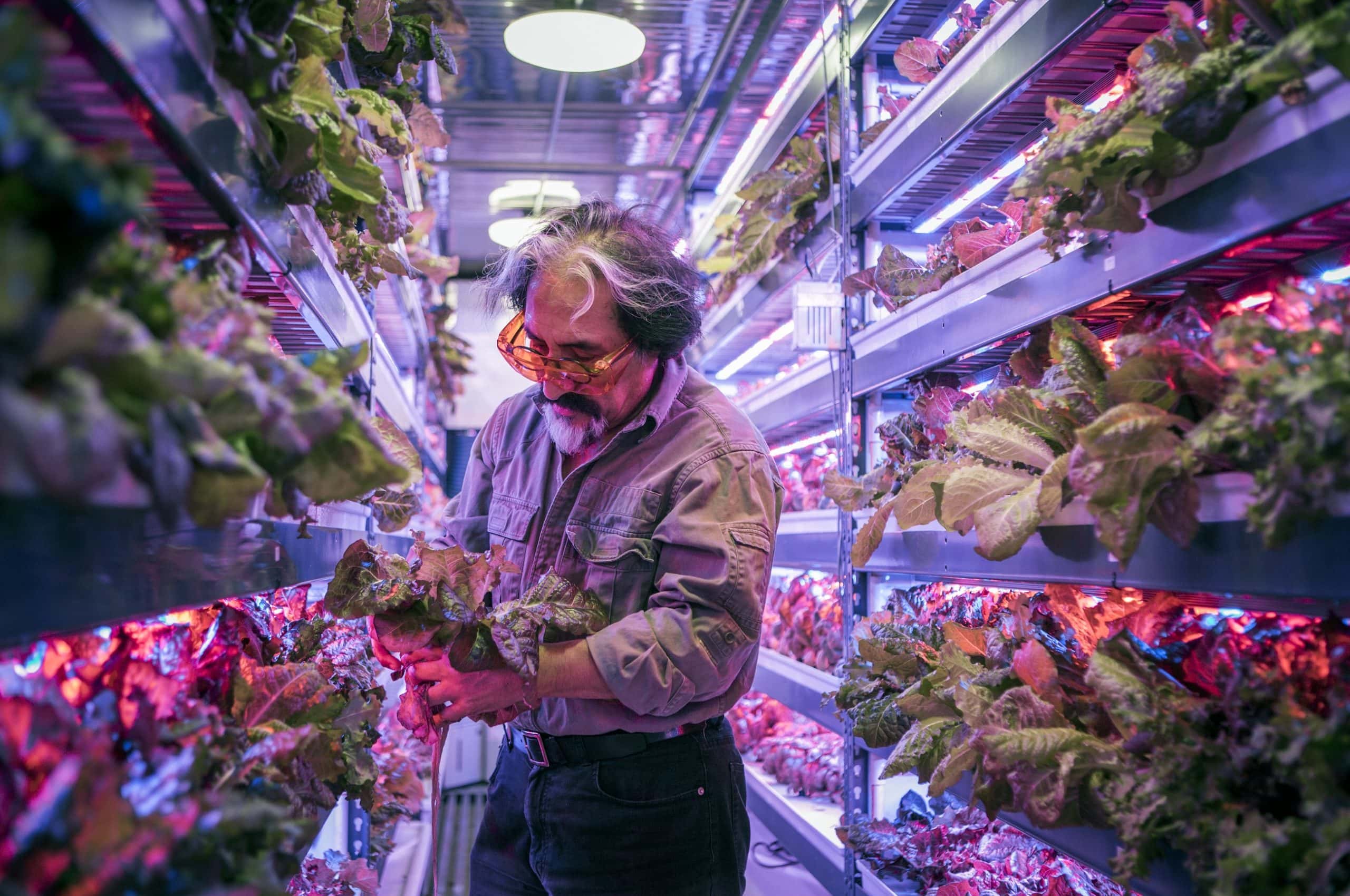Emirates Flight Catering Pioneers Vertical Farming in the UAE
Share

APEX Insight: A new US$40 million joint venture between Emirates Flight Catering (EKFC) and Crop One Holdings will afford passengers flying with the caterer’s 105+ airline customers the freshest leafy greens around, excepting vegetables picked from their own garden.
Construction of the world’s largest vertical farm near Dubai’s Al Maktoum International Airport is set to begin in November and EKFC’s vice-president of Procurement, Kieran Dowd, says the project team is putting the final touches on the state-of-the-art facility’s design.
While most vertical farming projects have typically been set up in abandoned spaces (Dowd cites an old warehouse in Japan and an old air raid shelter in London), EKFC has decided to build its facility from scratch.
The reasons for this are manifold. Firstly, it will allow for maximum automation, but Dowd says it’s also necessary in terms of “maintaining and protecting the products from the harsh environment Dubai has in the summer.”
Furthermore, Dowd explains that large open warehouse facilities come with big risks: “If you experience contamination, you lose absolutely everything. You have to scrub down the entire unit and you can lose four or five months of production.”
https://www.youtube.com/watch?time_continue=1&v=INLj5EusFQ0
Its joint venture partner, California-based Crop One Holdings, has been growing produce in 40ft containers, but Dowd says the Dubai facility “will have growing chambers or growing rooms, which will be typically four to five times the cubic footage of a 40ft container.” The farm will cover 130,000 square feet, but production output will be equivalent to 900 acres of farmland.
Initially, the facility will grow multiple variants of the lettuce you’d find in a mixed salad, such as romaine, oakleaf, lollo biondi and lollo rossa. The greens will be grown hydroponically – without soil, in nutrient-rich water – using LED lighting instead of sunlight. All of it will be pesticide- and herbicide-free, with no alterations to the original nutritional value.
Not only does vertical farming reduce water consumption by 99% compared to traditional outdoor farming, but the location of the facility will also significantly reduce the carbon emissions associated with transportation. Dowd says EKFC is aiming for a maximum of 24 hours between the greens being picked and being “on the plate.”
According to Dowd, EKFC shares the goal of Crop One CEO Sonia Lo, which is to delight consumers by introducing different tastes, textures and colors to fresh produce. He explains, “We can subtly change the growing inputs while rocket is being grown to enhance the intensity, so it has more of a wasabi-type taste.”
“We can subtly change the growing inputs while rocket is being grown to enhance the intensity, so it has more of a wasabi-type taste.” – Kieran Dowd, EKFC’s vice-president of Procurement
Moving forward, Dowd says, “We are examining Parsley as a stand-alone product and that’s simply because one of our key Arabic dishes is Tabbouleh, which is made with raw parsley. We’re also looking at Pak-Choi.” In the U.S., Crop One has successfully grown both tomatoes and strawberries as part of its R&D program and Dowd says the Dubai facility could diversify into these “vine-type crops.”
While EKFC will be taking all of the volume during the first phase of production – at peak, the facility will harvest three U.S. tons of leafy greens every day – Dowd confirms some of Dubai’s larger hotels and retailers have expressed an interest in the project.
The EKFC team is already working together with the government, to establish vertical farming as an “identified industry” in the UAE. “We hope that as we develop the industry in the UAE, we develop local engineers and crop scientists,” Dowd concludes.


